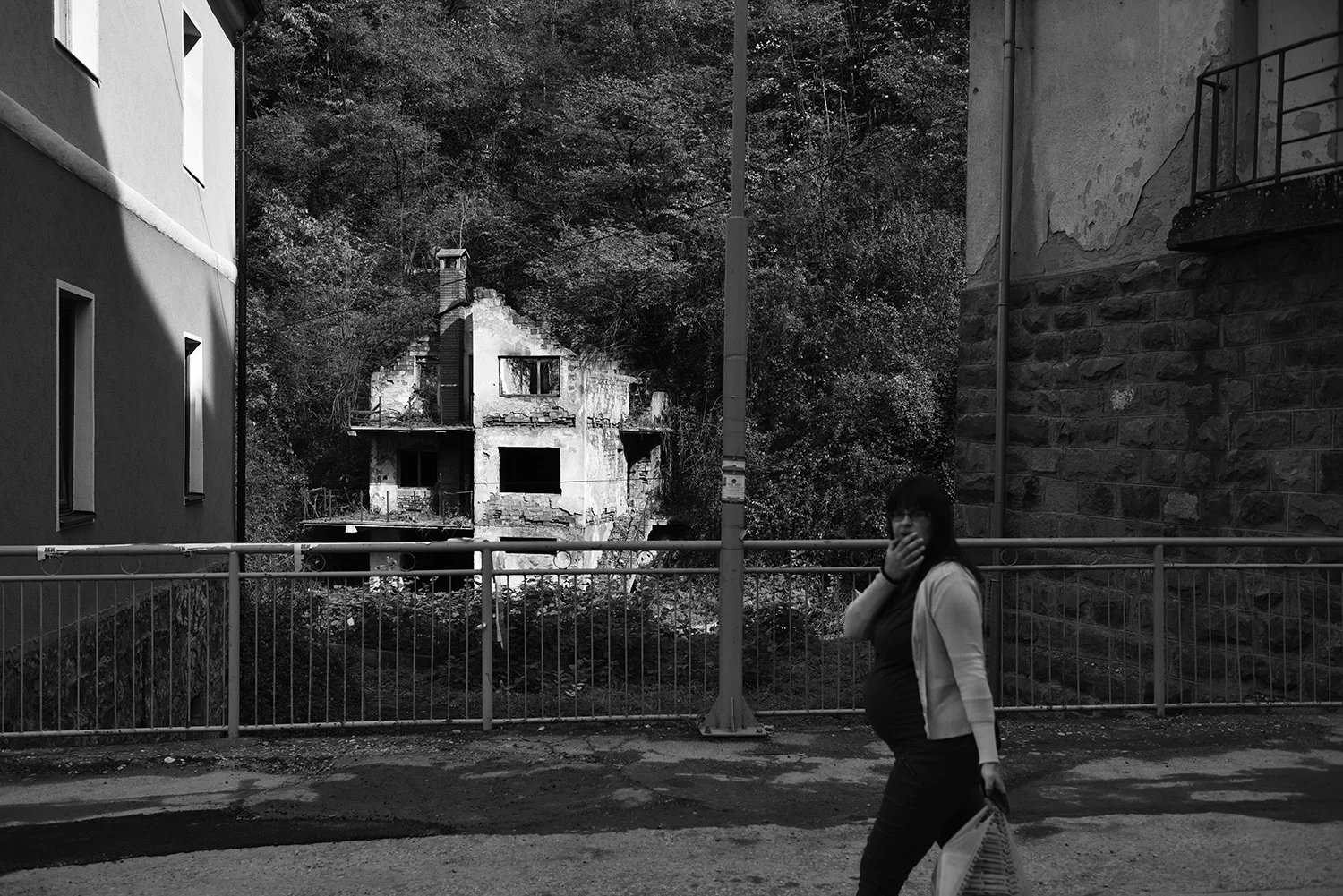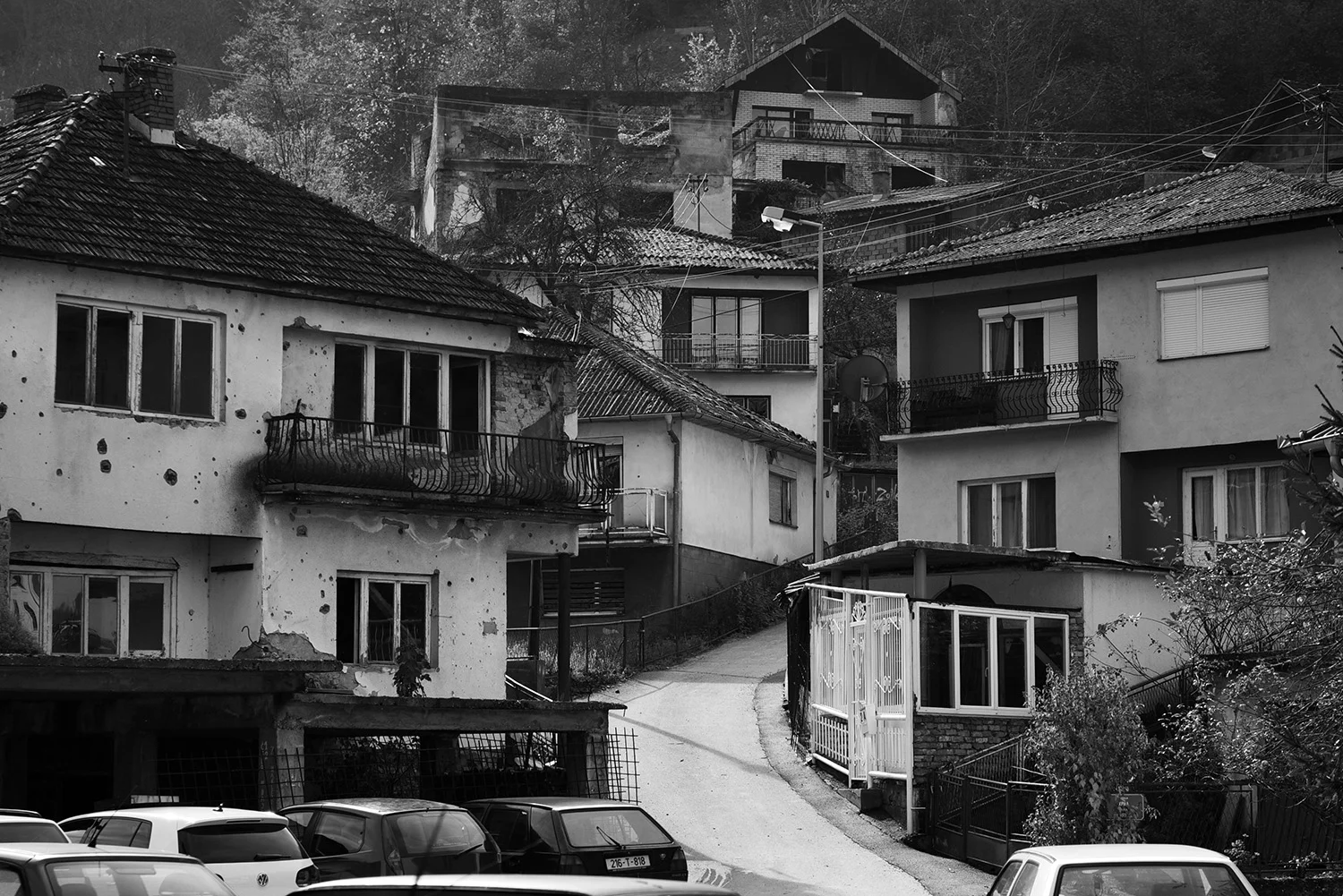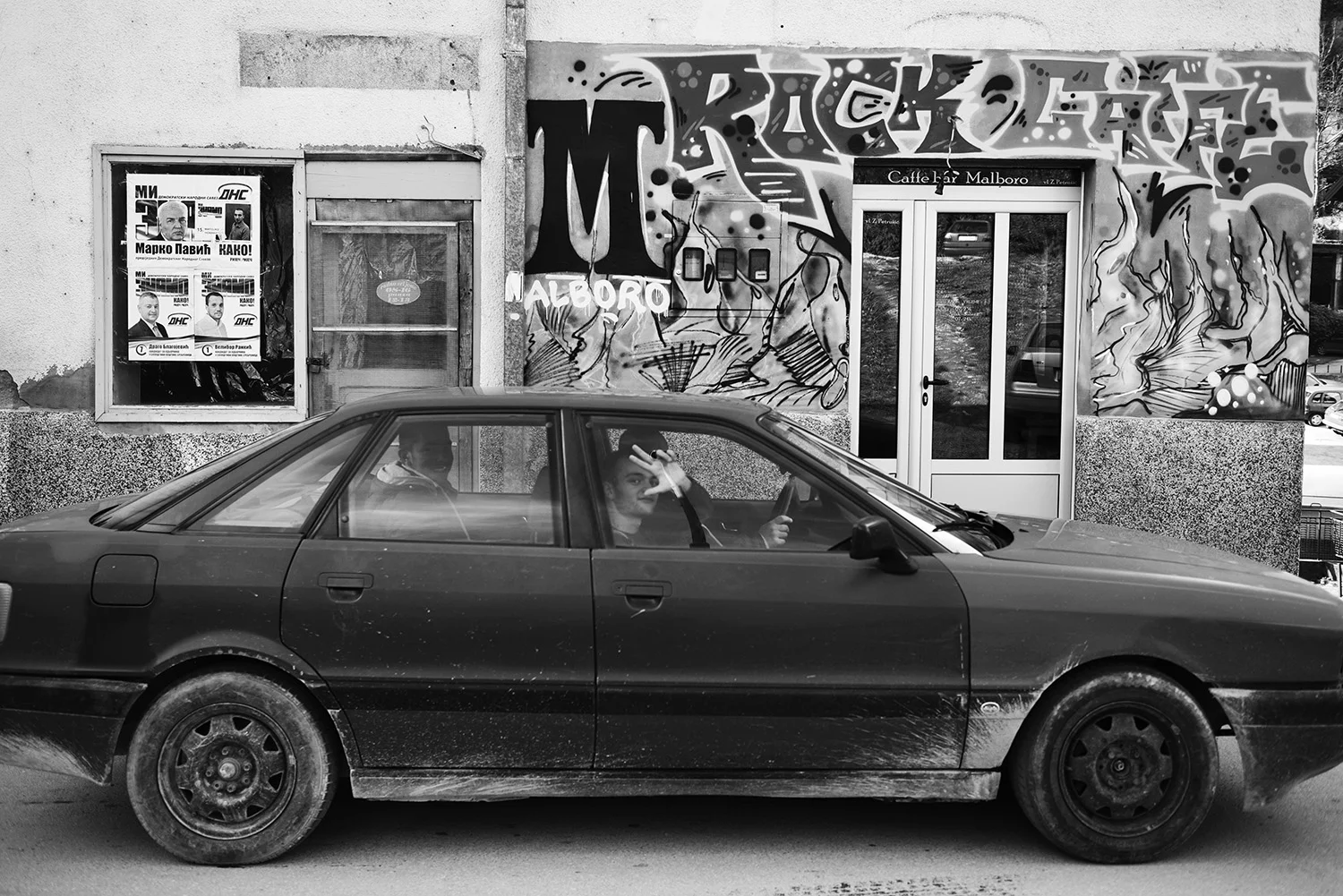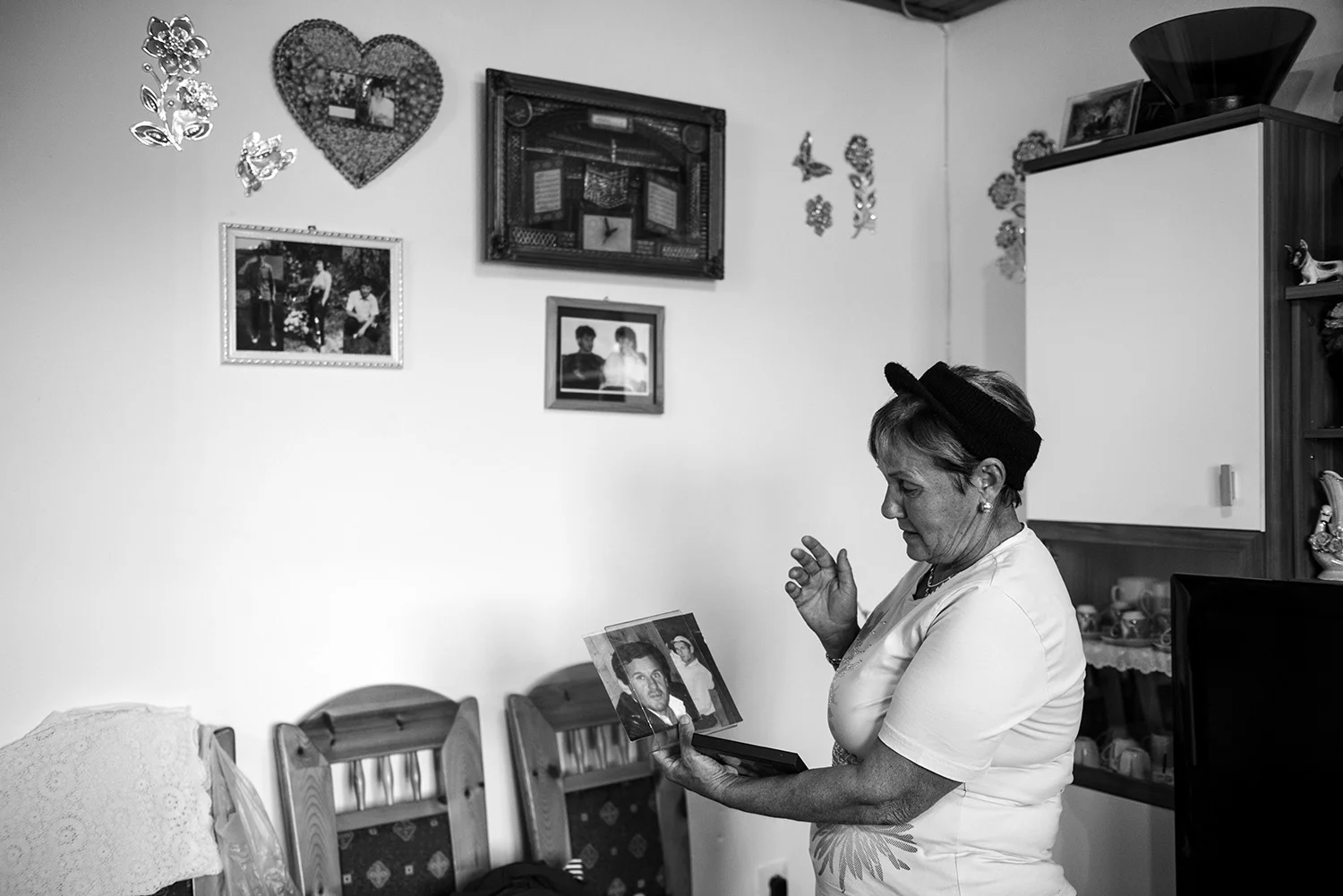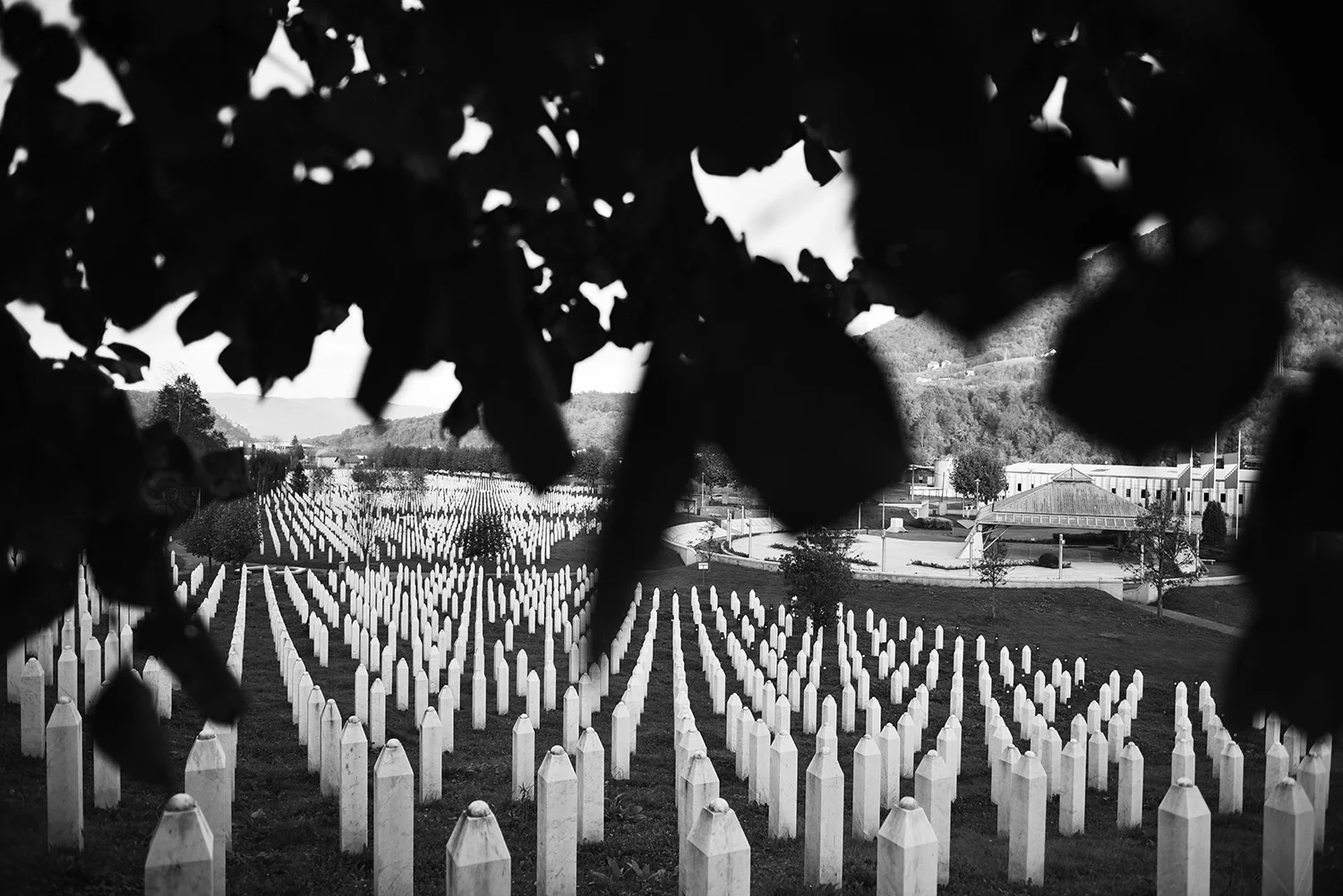Srebrenica At The Crossroads
For the first time since Bosnia-Herzegovina's brutal 1992-95 war, the town is poised to usher in a mayor who refuses to acknowledge that an act of genocide ever happened there. Around the world, Srebrenica has become a modern byword for genocide, which is how the United Nations war crimes in The Hague has classified the slaughter. Srebrenica, a small provincial municipality became the focus of national attention, according to preliminary results from the October 2 election, Mladen Grujicic, a 34-year-old Bosnian Serb, is on track to become the town's next mayor.
The shadow of the past looms large over Srebrenica. Over several days in July 1995, Bosnian Serb militias commanded by Ratko Mladic carried out the execution of some 8,000 Muslim men and boys from the town, Europe's worst massacre since World War II. Srebrenica, a Muslim-majority town before the war, fell within the territory of Bosnia’s Serb Republic under the peace deal; its 7,500 population is now 55% Serb and 45% Bosniak (Muslim). Bosnia’s other autonomous entity is the Bosniak-Croat Federation.
Two decades later, Bosniak and Bosnian Serbs live side by side, but many Bosniak felt uneasy when a preliminary vote count after the election on October 2 showed that the new mayor of Srebrenica will be Bosnian Serb, Mladen Grujicic. Some Bosniak politicians and the media speculated that after these elections Bosniaks will begin to leave Srebrenica. But is this true?
Waiting for the final results of the local elections, Srebrenica residents say how actually peace and economic development is most important, more than what would be called Mayor of Srebrenica. They expect that anyone who sits in the chair in the Srebrenica Municipality will respect the Memorial and over 6,300 victims of the genocide that have been buried in it. Bosniak and Bosnian Serbs live together in peace, people will leave the town for other reasons. New Mayor needs to exploit the economic potential of Srebrenica, utilize agricultural resources and tourism, as well as industry, and must give young people a reason to stay and raise a family in Srebrenica.
View on the Srebrenica, eastern Bosnian town, 150 kilometers northeast of Bosnia and Herzegovina's capital city of Sarajevo. Srebrenica gained global notoriety and became a symbol of Bosniak suffering following the slaughter of more than 8,000 Bosniak men and boys in 1995. Compare the results of the population census from 2013 with those from 1991, Srebrenica has lost 23,257 people (63.43 percent).
A woman passes by a destroyed house in the center of Srebrenica. The first returnees came back in 2000, but only a few thousand returned in the next few years. The results of the population census in Bosnia and Herzegovina from 2013 showed that in the municipality of Srebrenica live 13.409 residents. of which 7,248 Bosniaks, 6,028 Serbs, 16 Croats.
In the city center at the market stall is just one stand with fruits and vegetables. Bosniak Abida Karim (2nd L) from Bratunac every Monday, the last fourteen years comes to Srebrenica, only she has a stand at the market stall. For her, nothing has changed. It is difficult, she says, she lives from the sale in the market stall, she had to feed two families.
View of destroyed and reconstructed houses in the center of Srebrenica. The first returnees came back in 2000, but only a few thousand returned in the next few years.
Muniba Memisevic (Bosniak), and Ljeposava Stojanovic (Bosnian Serb ) together drink morning coffee for over ten years, they say that they do not care who will be the mayor of Srebrenica. The biggest problem is the unemployment rate, the most important thing is to open up the company in order to at least young people find a job.
Graffiti in the center of Srebrenica, on which is written happiness, peace, future, success. In search of existence, the young people of all ethnicities leave Srebrenica, this becomes a city of elders.
Bosniaks Muniba Cizmic and Sadika Kekic say how it is not important whether it will be a Bosniak or Bosnian Serb Mayor of Srebrenica. The most important thing is peace and a better life in Srebrenica. New Mayor should try to keep young people to stay in Srebrenica and to respect the Memorial and over 6,300 victims of the genocide that have been buried in it.
The young man shows the three-finger salute from the car that moves next to Rock Cafe Marlboro in Srebrenica. The three-finger salute commonly known as the Serb salute is a salute which originally expressed Serbian Orthodoxy. Croats and Bosniaks, who have been at war with Serbs, find the salute provocative.
Mejra Dzogaz (Bosniak) lives near the Memorial Center in Potocari, her sons are buried there. In the genocide, she has lost three sons and her husband. She does not believe Mladen Grujicic can take care of the memorial center and Bosniaks.
Election posters of the current mayor of Srebrenica Camila Durakovic at the damaged house in Potocari, near Srebrenica. He had the unanimous support of Bosniaks, while the Mladen Grujicic was backed by all 10 local Serbian political parties and community groups. According to preliminary results from the October 2 election, Mladen Grujicic is on track to become the town's next mayor. Some Bosniaks in the municipality of Srebrenica believe that the election process was an irregularity, but they are more afraid of will the new Mayor takes care of the Memorial Center in Potocari where has buried more than 6,300 Bosniaks killed in the genocide in July 1995.
Nezira Sulejmanovic (Bosniak) shows the photos of her sons, she lost them during the genocide. She lives on a hill overlooking Potocari, from her house overlooks the Memorial Center, her two sons are buried there. She says it does not matter who will be the Mayor, she thinks that nothing will change.
View of the Memorial Center in Potocari, near Srebrenica. Over 8,000 Bosniak men were executed by the Bosnian Serb Army in the Eastern Bosnian&Herzegovinian town of Srebrenica. These killings became the single largest mass killing to take place on the European continent since World War II.

